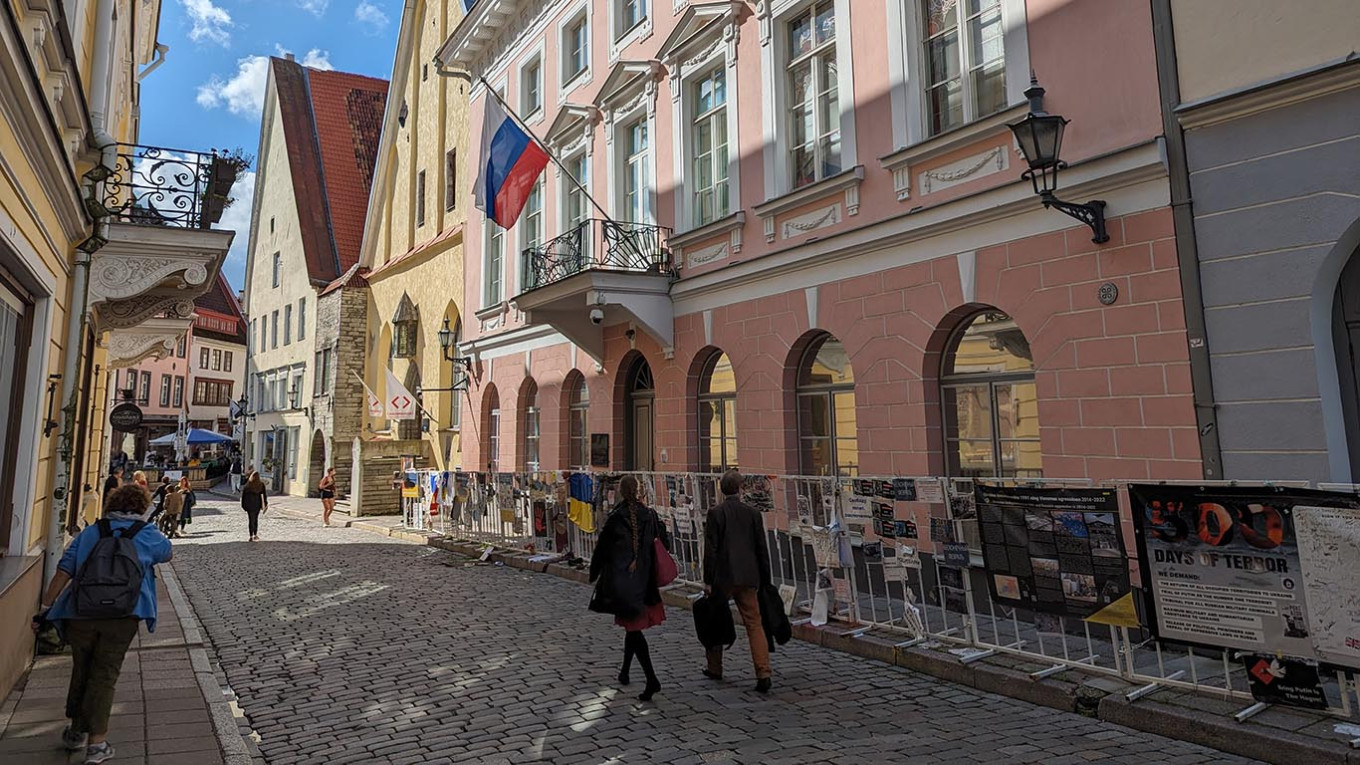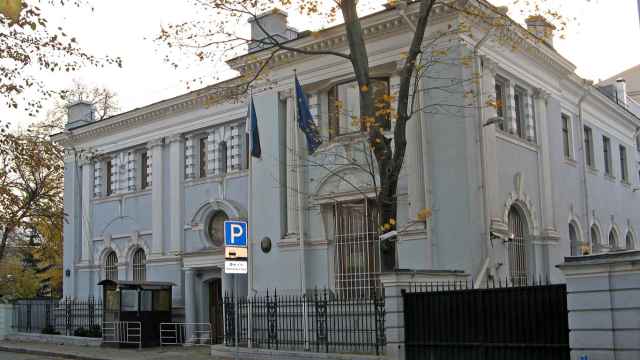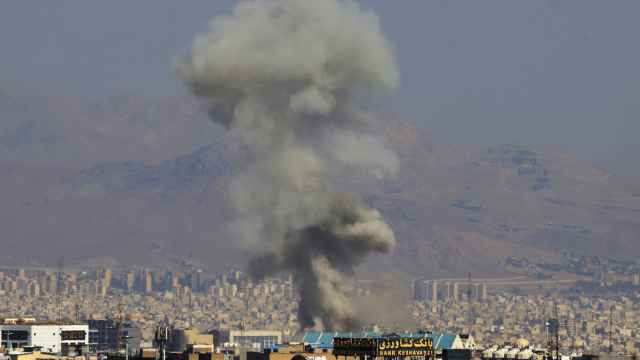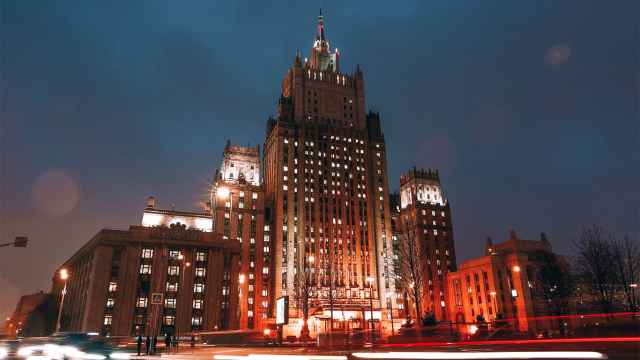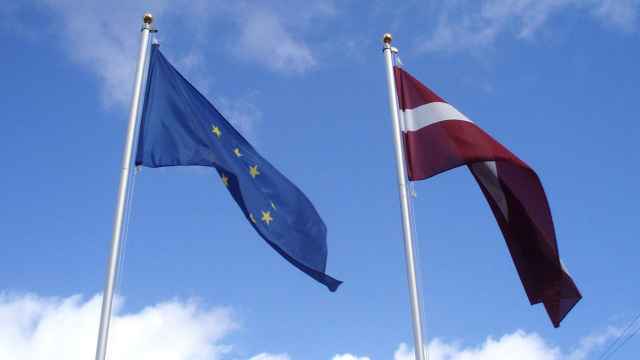Estonian authorities said Wednesday that they declared a Russian diplomat persona non grata over alleged activities undermining the Baltic country’s constitutional order and violating sanctions.
“The Russian embassy’s ongoing interference in the internal affairs of the Republic of Estonia must end,” Foreign Minister Margus Tsahkna said in a statement, without revealing the Russian diplomat’s name.
Estonia’s Foreign Ministry accused the diplomat of “directly and actively undermining” the country’s constitutional order and legal system, as well as assisting in sanctions violations and fueling social division.
Public broadcaster ERR identified the expelled Russian official as Dmitry Prilepin, who serves as first secretary of the Russian Embassy in Tallinn.
Russia’s Foreign Ministry said later on Wednesday that it has “almost grown accustomed to unfriendly actions from Estonia” and vowed to take retaliatory steps.
In his statement, Tsahkna also said at least one Estonian citizen was convicted of criminal charges in connection with the allegations against the Russian embassy employee.
While he did not provide further details, it comes after an Estonian court in June sentenced Svetlana Burtseva, a naturalized Estonian journalist with past ties to Russian state media, to six years in prison on charges of treason.
Burtseva, who obtained Estonian citizenship in 1994, was accused of collaborating with a reserve officer from Russia’s Federal Security Service (FSB). It was not immediately possible to establish any links between that conviction and the latest diplomatic expulsion.
Estonia’s relations with Russia have hit an all-time low since the 2022 invasion of Ukraine. Estonia and Russia downgraded their diplomatic relations and ordered their ambassadors to leave their respective embassies in 2023.
A Message from The Moscow Times:
Dear readers,
We are facing unprecedented challenges. Russia's Prosecutor General's Office has designated The Moscow Times as an "undesirable" organization, criminalizing our work and putting our staff at risk of prosecution. This follows our earlier unjust labeling as a "foreign agent."
These actions are direct attempts to silence independent journalism in Russia. The authorities claim our work "discredits the decisions of the Russian leadership." We see things differently: we strive to provide accurate, unbiased reporting on Russia.
We, the journalists of The Moscow Times, refuse to be silenced. But to continue our work, we need your help.
Your support, no matter how small, makes a world of difference. If you can, please support us monthly starting from just $2. It's quick to set up, and every contribution makes a significant impact.
By supporting The Moscow Times, you're defending open, independent journalism in the face of repression. Thank you for standing with us.
Remind me later.


